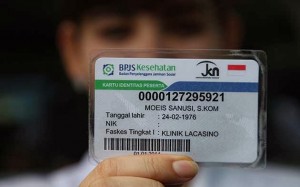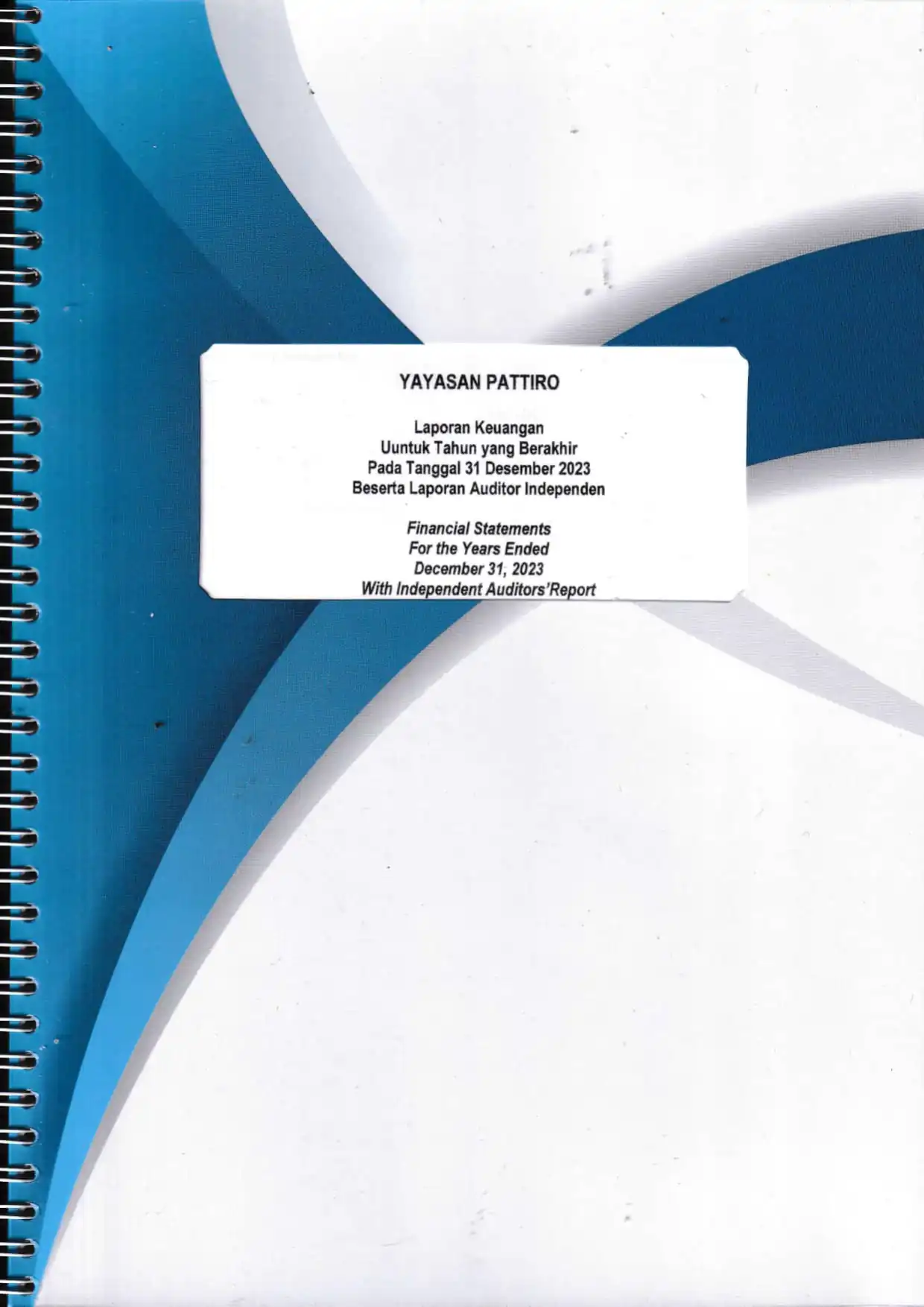 Just some time ago we were shocked by the discovery of fake vaccines, now, the public and government are again shocked by the discovery of fake BPJS Health cards in West Bandung Regency, West Java.
Just some time ago we were shocked by the discovery of fake vaccines, now, the public and government are again shocked by the discovery of fake BPJS Health cards in West Bandung Regency, West Java.
Based on information collected by PATTIRO from various media, the fake BPJS Health cards are thought to be owned by around 230 people from Kertajaya Village, Padalarang District, West Bandung Regency. Kertajaya Village residents admitted that they registered to become BPJS Health participants in the Class III independent participant category. They pay IDR 100 thousand to the card making service provider and will receive free health services for two years.
PATTIRO assesses that there are two main causes for the emergence of fake BPJS Health cards.
The first cause, according to PATTIRO Executive Director Sad Dian Utomo, is the lack of optimal outreach activities that BPJS Health has carried out so far. This then leads to a low understanding of the community, especially those living in villages, regarding the registration procedures and use of the BPJS Health card.
“People who are victims of fake cards choose to use the services of brokers because they do not understand the procedures for registering for BPJS Health membership. “They are tempted by the lure of brokers who say they only need to pay IDR 100 thousand to get a BPJS Health card without paying monthly fees because they don’t understand the procedures for using the card,” said Sad Dian.
Apart from weak socialization, PATTIRO Public Service Specialist Rokhmad Munawir said that another cause of the emergence of fake cards is the weak verification process for community participation in the BPJS Health program.
He explained that not all parties who are part of the National Health Insurance (JKN) system, such as first-level health facilities (faskes), carry out the verification process. “Many first-level health facilities do not carry out a participant verification process, especially community health centers. This is because community health centers receive capitation funds from the government so that using fake BPJS Health cards will not harm them. “So they don’t really care about the verification process,” he explained.
In fact, Rokhmad is of the opinion that if the community health center could carry out this verification process, patient rejection at the hospital as happened in West Bandung Regency would not need to happen. Therefore, Rokhmad suggested that BPJS Health should encourage community health centers and first-level health service providers who are its partners to carry out the participant verification process.
Rokhmad said that, in fact, first level health facilities can use a special application that they have developed to simplify the verification process. “Through this application, BPJS Health partner service providers, especially community health centers, can check the community’s membership status, starting from the participant category, whether independent or recipient of contribution assistance, participant class category, monthly contribution payment status for independent participants, to participant data,” he added.
However, Rokhmad said, BPJS Health needs to review the effectiveness of using the application. This is because, according to him, the application will only be effective in urban areas. “In rural areas the application will not be effective because the internet connection at first-level health facilities and hospitals there is not all that good. “So, apart from providing applications, BPJS Health also needs to equip first-level health facilities and their staff in hospitals with good internet connection devices so that the verification process is easy to carry out,” he concluded.
Rokhmad emphasized that the public had indeed become victims of the existence of fake BPJS Health cards. However, that doesn’t mean they blame other parties without helping to make changes.
“The public as card users must not ignore this either. People must start being independent, for example making their own cards without going through brokers. Verify yourself via the existing application if possible. “In essence, the role of the community is also needed to create better services,” stressed Rokhmad.





